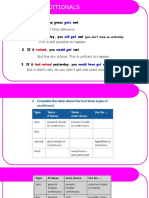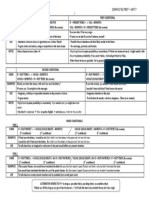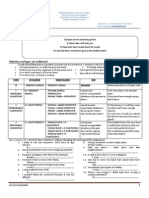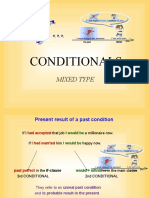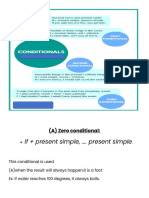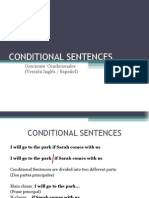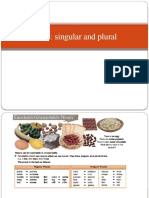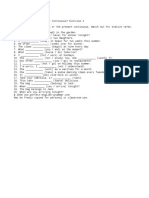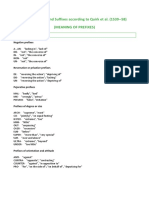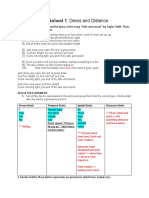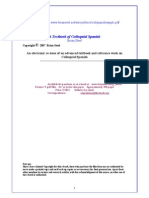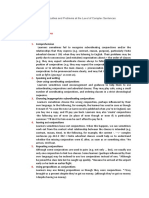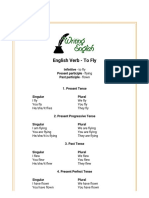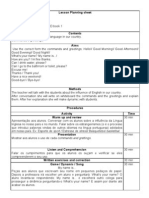0% found this document useful (0 votes)
58 views8 pagesConditional Sentences
The document explains conditional sentences, which describe potential or unreal situations, and categorizes them into four types: zero, first, second, and third conditionals. It also covers inversion in conditional sentences and mixed conditionals, providing examples for each type. Additionally, it includes tasks for practice and an answer key.
Uploaded by
expectanteCopyright
© © All Rights Reserved
We take content rights seriously. If you suspect this is your content, claim it here.
Available Formats
Download as PDF, TXT or read online on Scribd
0% found this document useful (0 votes)
58 views8 pagesConditional Sentences
The document explains conditional sentences, which describe potential or unreal situations, and categorizes them into four types: zero, first, second, and third conditionals. It also covers inversion in conditional sentences and mixed conditionals, providing examples for each type. Additionally, it includes tasks for practice and an answer key.
Uploaded by
expectanteCopyright
© © All Rights Reserved
We take content rights seriously. If you suspect this is your content, claim it here.
Available Formats
Download as PDF, TXT or read online on Scribd
/ 8












